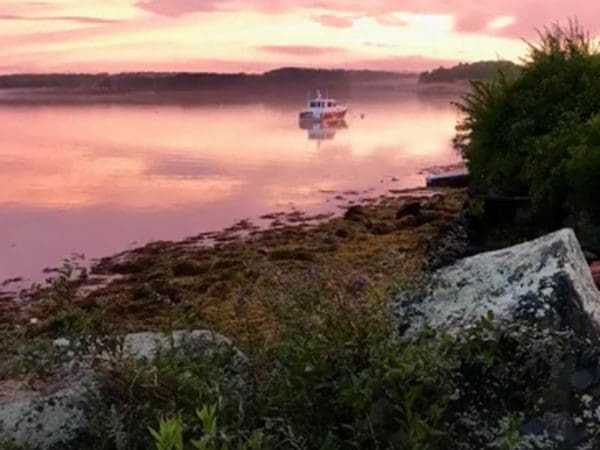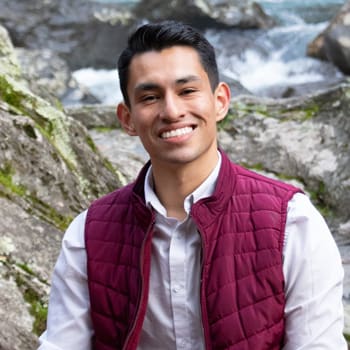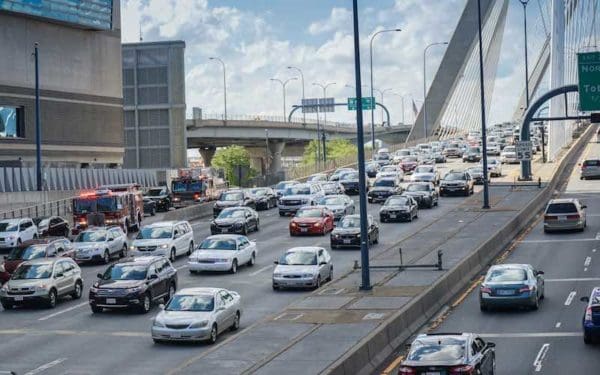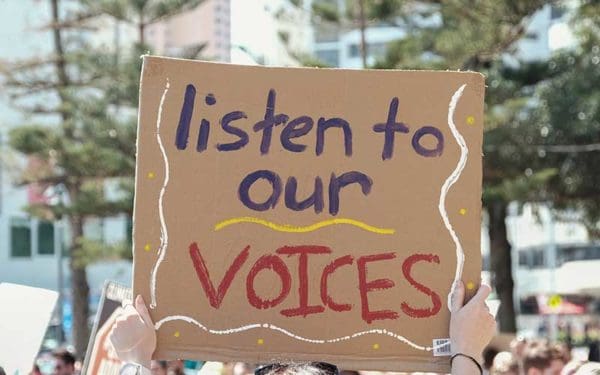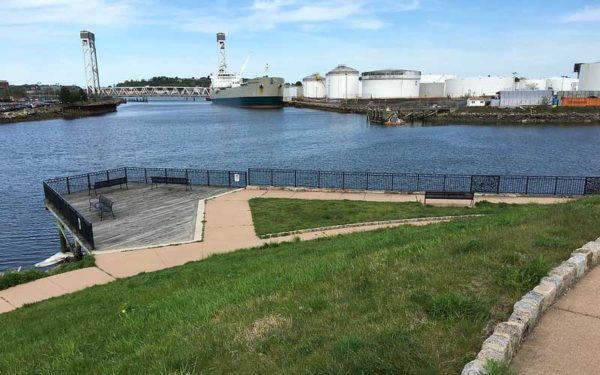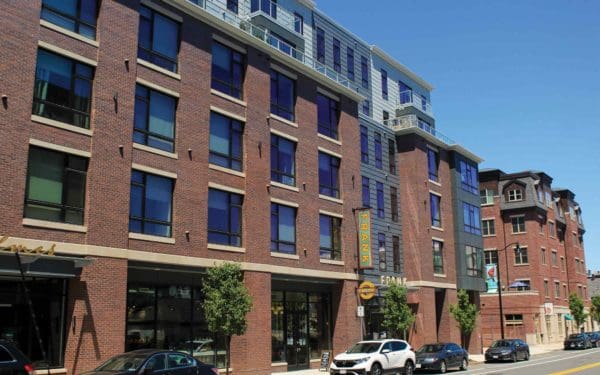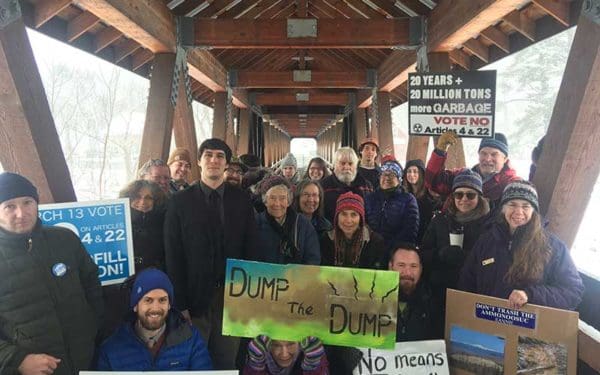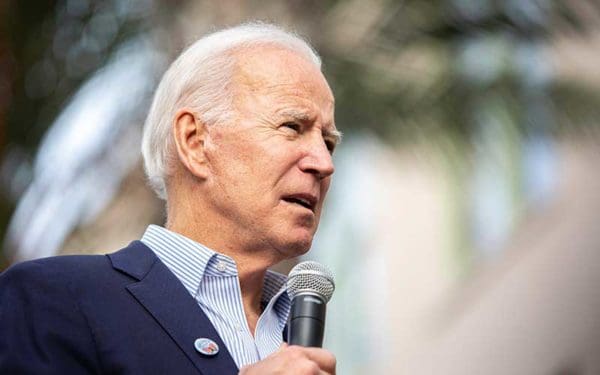Dec 10, 2020
From multimillion-dollar investments to win-win collaborations, good news from New Hampshire’s Great Bay give us reasons to celebrate in 2020. Taken together, these stories remind us that when communities act boldly, we can turn the tide on pollution and restore the health of the rivers, bays, and coast in the Seacoast region and beyond.
Dec 07, 2020
Adilson González Morales is a Senior Communications Strategist for Conservation Law Foundation. In this role, he helps CLF leverage the power of communications to fight for a healthy and thriving New England for all. Adilson is committed to supporting CLF’s work through his advocacy efforts for environmental justice. Before joining CLF, Adilson worked at Penn… Continue reading Adilson González Morales
Nov 24, 2020
In true 2020 fashion, many families are having small-scale get-togethers or opting for virtual celebrations this Thanksgiving. With less people, that means being even more careful not to overbuy and waste food – because food waste can be terribly damaging to the environment. So let’s think about this for a second – what can you do to waste less food this Thanksgiving?
Nov 17, 2020
I grew up in communities that needed environmental justice the most. I also lived in neighborhoods that already had the resources and ability to make change. Still, I didn’t understand the difference or know what the environmental world called the movement until later in life. I could only connect the dots when I had more access to education and a framework for understanding the issue.
Nov 13, 2020
“Three years ago this month, state energy officials totally disregarded—as ‘disruptive’—the attempts of Spanish-speaking residents to participate in a critical decision that will affect their community for decades,” said Amy Laura Cahn, Senior Attorney and Interim Director for Healthy Communities and Environmental Justice at Conservation Law Foundation, “Since that time, the EFSB has consistently failed to live up to its language access obligations under federal law. In yet another insult to this community, residents with limited access to technology will be further marginalized by a remote hearing.”
Nov 10, 2020
Michele Cubelli Harris gets a new lease on life, thanks in part to CLF’s Healthy Neighborhoods Equity Fund
Nov 09, 2020
“Continuing to expand polluting landfills is the last thing New Hampshire needs,” said Tom Irwin, Vice President and Director of CLF New Hampshire. “The state got it right the first time when it determined there is no need for this landfill expansion. It’s time – at long last – for New Hampshire to make good on its policy of reducing waste, rather perpetuating its burial of it in landfills and putting our communities at risk.”
Nov 07, 2020
The presidential election result is a welcome relief – especially amid the ongoing stresses of an unrelenting pandemic, hobbling economic hardship, and an overdue racial reckoning. We all deserve to take a moment and celebrate that. But even as we see the core values of our democracy vindicated after relentless voter suppression efforts, now is not the time to grow complacent.
